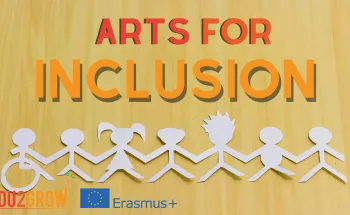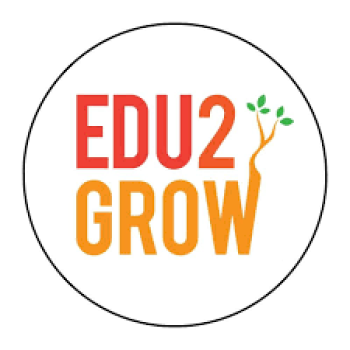
Active citizen – The power is in your hands! - June 2024, Istanbul
Topic/ theme: using non formal education methods and community engagement to increase democratic life in the school and active citizenship of the students
At your request, the courses can be structured for a different schedule (5 or 7 training days).
Course fee: According to the Erasmus+ guide, 80 euros / training day, including course preparation, training, training materials, etc.
Description
Profile of the participants:
The participants are teachers (working in kindergartens, primary schools, secondary schools etc.) or adult trainers active in the sending organization interested in non-formal methods that can be used to include and integrate every student, with or without previous experience, willing to develop themselves professionally not only through the course, but by involving themselves in preparatory and follow up activities. They must be interested in other cultures and in developing the institution’s European dimension.
Objectives:
- To develop competences regarding applying non-formal education activities and techniques in order to encourage democratic life in the school and active citizenship of the students
- To increase awareness of European values and principles
- To develop skills for dialogue, tolerance and collaboration, using games and exercises;
- To develop communication, collaboration, presentation, problem-solving, negotiation, critical & creative thinking skills;
- To increase the school’s European dimension
- To share best practices and transfer knowledge and methods between different cultural zones and different learner ages regarding successful active citizenship approaches
- to enable students to make visible changes in their immediate world in areas of importance to them
- to increase positive engagement among students and provide an alternative for constructive rather than destructive behavior
- to provide stuents with skills in analyzing and tackling problems, along with concrete opportunities to use these skills in meaningful ways
- to provide outlets for creative energy and the chance to address issues of concern to youth by youth
- To increase students empowerment to engage in the local community
- To develop the participants’ competences of ensuring harmonious group building in civil society engagement of students by usage of non-formal group dynamics
- To be better aware of inclusion issues in different cultures
Learning objectives
Learning outcomes:
By taking part in this training course, the participants will:
- Develop competences regarding applying non-formal education activities and techniques in order to encourage democratic life in school and student involvement
- Gain competences of developing the school’s European dimension
- Develop communication, collaboration, presentation, problem-solving, negotiation, critical & creative thinking skills;
- Develop competences of ensuring harmonious group building (taking into account diversity challenges) and transforming the class as a group into a team
- Have a better understanding of their own competence as teachers and will learn how to develop creative strategies for dealing with community challenges
- Learn how to understand the students’ needs and empower them to implement changes in the community
- Identify at least opportunities for increasing students’ active participation;
- Have a better confidence in using non-formal tools;
- Learn how to integrate European values and principles in the curricula
- Improve their interpersonal relationships
- Learn how to introduce new tools & resources within the classroom to foster community engagement and encourage volunteering
- To promote European cooperation in the field of education within the framework of the Erasmus+ program by partnership building
Methodology & assessment
The main methods will be through practical training, exercises, role-playing, cooperative work, various activities and discussions. The content is based on „ learning by doing” combined with ” reflection upon action”. The training course has a holistic approach:
Experiencing: different educational settings, different non formal education methods (role play, simulation game, exercises etc.)
Reflecting: on the methods and its impacts, on the power and limits of non-formal education, on building a pedagogical process etc.
Transferring: to the own reality of participants, in order to improve ways of working with their students
Sharing: different perceptions, current situations and experiences.
Developing: the building capacity of the participants (to be transferred to their students) by including them in the decision process of the training course designing
Lessons learnt and best practices on non-formal education in school activities
Certification details
EUROPASS MOBILITY DOCUMENT
CERTIFICATE OF ATTENDANCE
Additional information
-
Language:English
-
Target audience ISCED:Early childhood education (ISCED 0)Primary education (ISCED 1)Upper secondary education (ISCED 3)
-
Target audience type:TeacherHead Teacher / PrincipalTeacher Educator
-
Learning time:25 hours or more
Past sessions
More courses by this organiser
Inclusive classroom through ICT - Training Course In Malaga, Spain - February 2025



